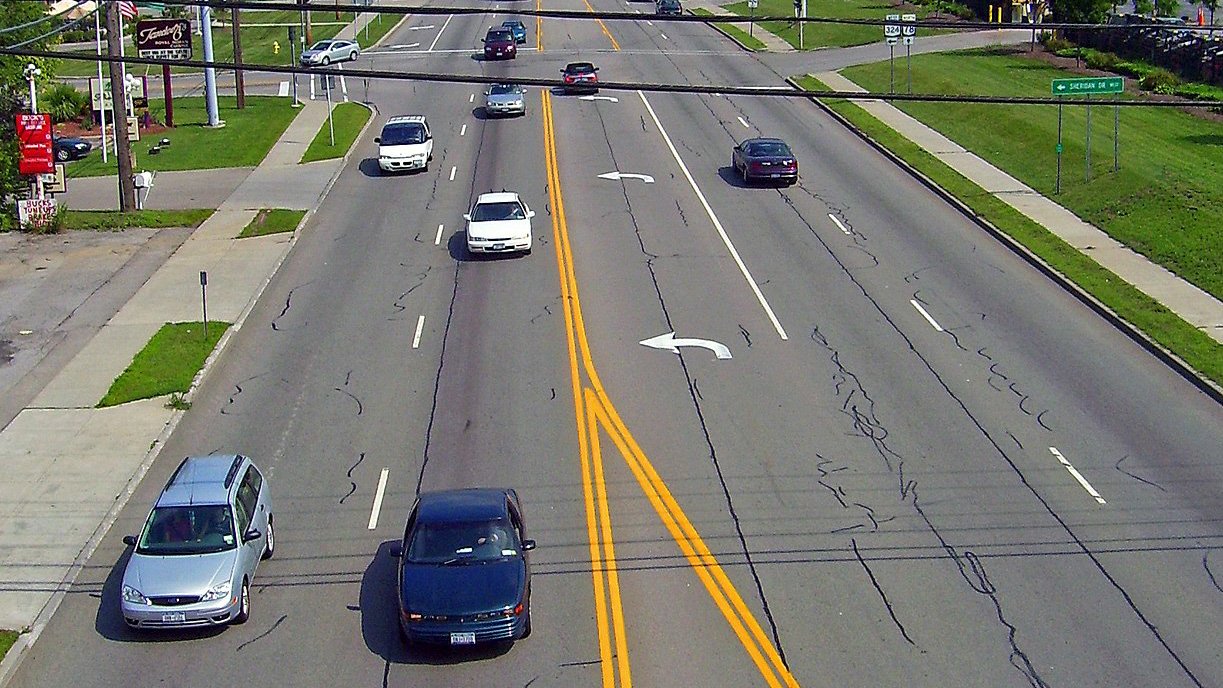With regular repetition, community cleanups build something that’s lasting: a sense of commitment, pride, and place attachment.
Read MoreLike so many places, Muskegon, MI, has a shortage of housing and a surplus of vacant lots. That’s why it’s enacted a program that allows it to redevelop those lots into affordable housing—at a low risk to the city.
Read MoreCincinnati is currently undergoing a significant planning reformation effort, which involves unveiling what’s being called the Connected Communities plan. Joining us to talk about it is Cincinnati urban planner John Yung.
Read MoreIt's not that cities can’t or shouldn’t learn from each other. But there simply aren’t the kind of drag-and-drop solutions that some pundits (who are either naïve or dishonest) would like to claim.
Read MoreIt’s hard for people to be excited about something they’ve never experienced before. How can we use positive experiences to change that?
Read MoreNew York’s popular Open Streets program might not continue this summer, as it is purportedly getting too expensive to maintain.
Read MoreLike many U.S. towns, Maumee, OH, has a state highway that cuts through their Uptown. For decades, it’s been known as a dangerous road…but no longer: the city is taking back its streets and making them places for people, not cars.
Read MoreNorfolk, NE, knows that people are the indicator species of a successful place, and it’s doing all it can to make its public spaces friendly to its people.
Read MoreIn 2015, Edmonton, a city of 1 million situated in the Canadian Prairies of Alberta, was the first city in the country to adopt Vision Zero—and they’ve taken that adoption seriously.
Read MoreLocal activists in Selma, NC, started small, but they’ve grown into a coalition of citizens, civic groups, and city leaders striving to improve housing, transportation, and the local economy.
Read MoreHouston’s fiscal problems are less critical than other major cities with large budget shortfalls—yet, their mayor is correct when he said his city is broke, that the financial approach of the city is clearly not working. Here’s why.
Read MoreWhy don’t the small things get funding?
Read MoreArmando Moritz-Chapelliquen is a passionate community organizer in Pennsylvania's Lehigh Valley.
Read MoreIn Capitola, California, residents erupted in protest after Debra Towne, a beloved local senior, was hit and killed walking across a dangerous stroad. And unlike in so many other places, the city actually responded.
Read MoreWhen Chattanooga’s Local Conversation learned of a crash that took the lives of a mother and child and severely injured the father, the group channeled their mourning into mobilization.
Read MoreWhat does it really mean to say that housing can’t be both affordable and an “investment”?
Read MoreRethinking car culture is easier once we more broadly measure what we’re giving up.
Read MoreYou know what a stroad is… Now how about these other coined phrases that help tell the story of the challenges that local advocates grapple with?
Read MoreBike Talk is a Los Angeles-based radio show dedicated to the idea that we need to prioritize bikes as a form of public transportation, and they recently invited Strong Towns President Chuck Marohn to appear on an episode.
Read MoreIsaac Gonzalez couldn’t have foreseen a decade ago that he’d be one of the leading advocates for safer streets in his home city. “But once you notice it, you can’t un-notice it. And if you realize you can do something, you have to.”
Read More



















